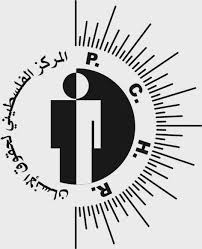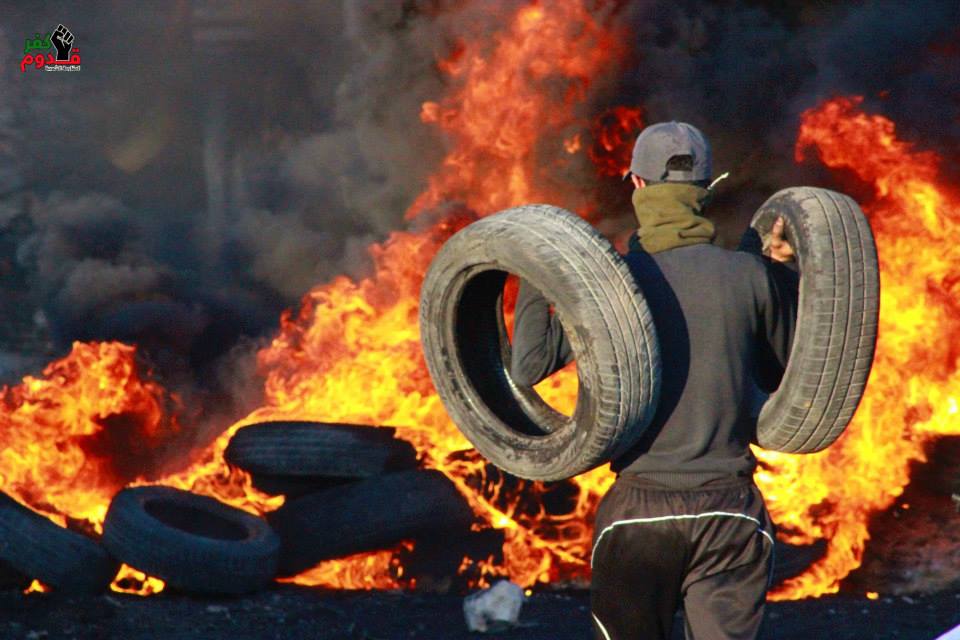Tag: Arrests
-
Israeli attacks on fishermen in the Gaza sea
15th May 2014 | Palestinian Center for Human Rights | Gaza, Occupied Palestine Israeli Naval forces continued to carry out attacks on Palestinian fishermen in the Gaza Strip during the reporting period[1] (1-30 April 2014), including 11 shooting incidents; 3 chasing incident that led to the arrest of 2 fishermen, and confiscation of 2 fishing boats and fishing equipment…
-
14 more arrested as Israeli army intensifies arrest campaign in Kafr Qaddum
13th May 2014 | International Solidarity Movement, Nablus Team | Kafr Qaddum, Occupied Palestine Update 13th May: The eight youths arrested and held following the night raid in Kafr Qaddum have court on the 15th May, at Salem Court, near Jenin. ***** 14 people were arrested in Kafr Qaddum during a night raid on the…
-
UPDATED: Murad Eshtewi, and four Palestinian youths from Kafr Qaddum, still under custody after court hearing
12th May 2014 | International Solidarity Movement, Nablus Team | Kafr Qaddum, Occupied Palestine Second Update Tuesday 13th May: Murad Eshtwei’s next court day is Sunday 18th May at Ofer prison. Ream Harham, Mustafa Eshtewi, and Ahmad Hassan Eshtewi have a court date tomorrow in Ofer court at 14:30. Reslan Joma will have his court date next week.…



